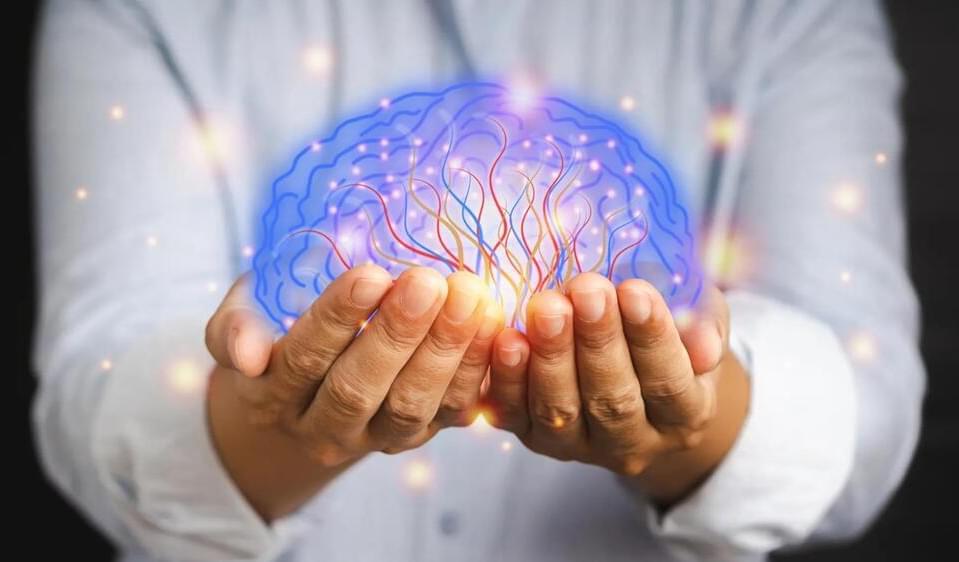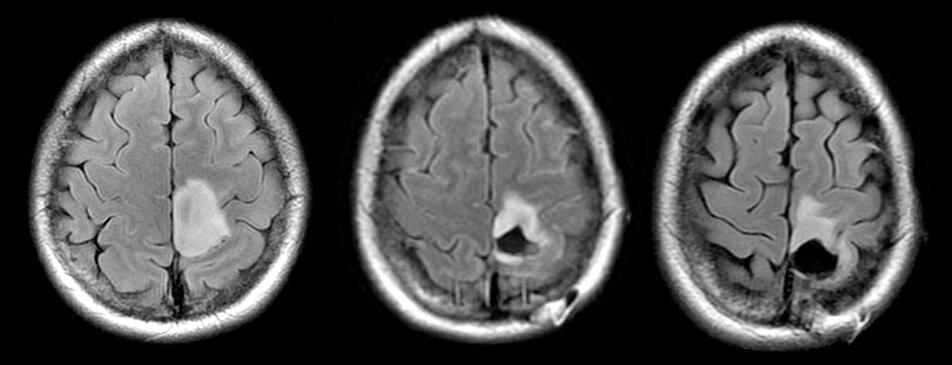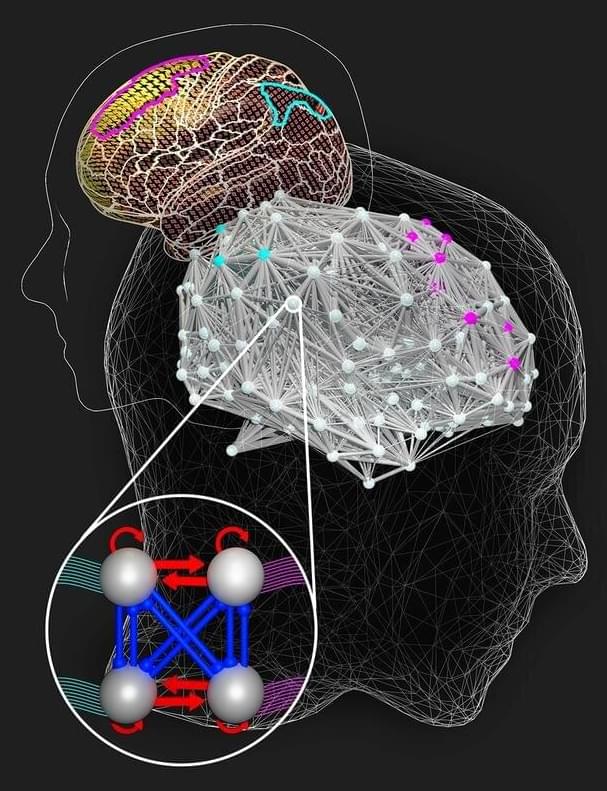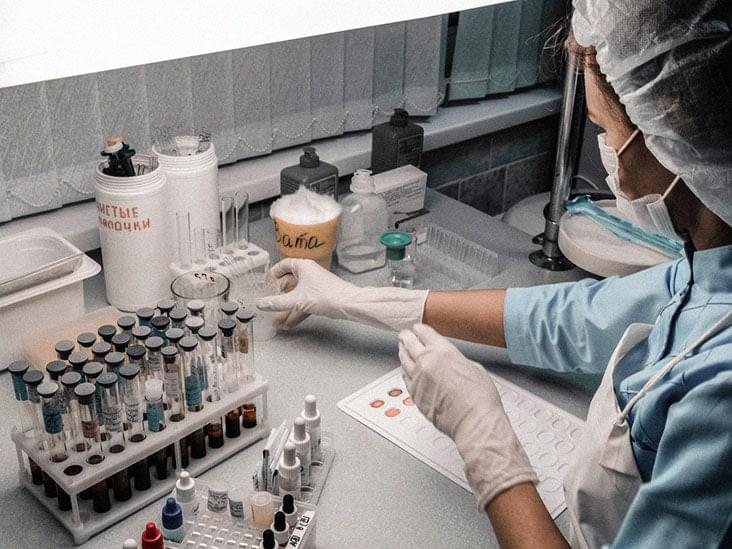Artificial intelligence (AI) systems have long drawn inspiration from the intricacies of the human brain. Now, a groundbreaking branch of research led by Columbia University in New York seeks to unravel the workings of living brains and enhance their function by leveraging advancements in AI.
Designated by the National Science Foundation as one of seven universities serving as the headquarters for a new national AI research institute, Columbia University received a substantial $20 million grant to bolster the AI Institute for Artificial and Natural Intelligence (ARNI). ARNI is a consortium comprising educational institutions and research groups, with Columbia at the helm. The overarching goal of ARNI is to forge connections between the remarkable progress achieved in AI systems and the ongoing revolution in our understanding of the brain.
Richard Zemel, a professor of computer science at Columbia, explained that the aim is to foster a cross-disciplinary collaboration between leading AI and neuroscience researchers, yielding mutual benefits for AI systems and human beings alike. Zemel emphasized that the exchange of knowledge flows in both directions, with AI systems drawing inspiration from the brain while neural networks in turn bear loose resemblances to its structure.






